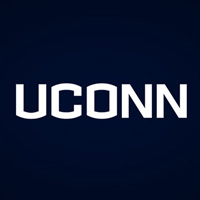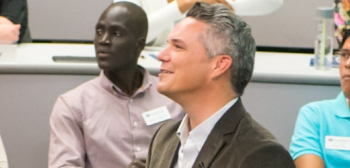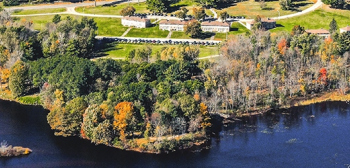- #534 QS Global World Ranking
- PublicStatus
- Very HighResearch Output
- 29,027Total Students
- 2,912Faculty
- 4,181Int'l Students
The University’s position in the current QS World University Rankings.
Whether the University is funded by the government of that country or state, or funded by private donations.
The research intensity of the University, based on the number of papers output relative to the University’s size.
The number of full time equivalent students enrolled at the University.
The number of full time equivalent teaching staff employed by the University.
The number of full time equivalent international students enrolled at the University.
University of Connecticut
About
Located in the heart of the Northeast, the University of Connecticut is ranked among the top 25 public universities in the United States. Originally founded as an agricultural school in 1881 by brothers Charles and Augustus Storrs, UConn provides a top-quality education to more than 30,000 students at four regional campuses in addition to its main campus in Storrs—located halfway between New York City and Boston.
With 14 schools and colleges, and more than 110 majors, students from nearly 90 countries choose UConn not just for the rigorous academic programs but also for the richly diverse and inclusive community. The university’s 18 different global institutes, centers, and programs provide students with a worldwide perspective as they engage with diverse cultures and traditions. With more than 150 partnerships with institutions of higher education in nearly 50 countries, students have countless research-based and entrepreneurial opportunities to dive into their passions, exercise their curiosity, and grow both in and outside of the classroom.
UConn operates four art galleries and five theaters on campus, including the Jorgensen Center for the Performing Arts, which emphasizes the university’s long-established commitment to the fine arts. More than 650 clubs and organizations on campus means there’s no shortage of activities for students to choose from on a night off from hitting the books. If exploration is what interests them, students can take advantage of UConn’s education abroad opportunities, consisting of 250 organized adventures in more than 60 countries.
Huskies past and present say there's nothing quite like the UConn community. They’re tied together by the rush of cheering for their 24 NCAA Division I athletics teams and boundless love for their school. As part of a growing network of 255,000 alumni worldwide, everything students learn at UConn is designed to help them achieve their goals.
About
Located in the heart of the Northeast, the University of Connecticut is ranked among the top 25 public universities in the United States. Originally founded as an agricultural school in 1881 by brothers Charles and Augustus Storrs, UConn provides a top-quality education to more than 30,000 students at four regional campuses in addition to its main campus in Storrs—located halfway between New York City and Boston.
With 14 schools and colleges, and more than 110 majors, students from nearly 90 countries choose UConn not just for the rigorous academic programs but also for the richly diverse and inclusive community. The university’s 18 different global institutes, centers, and programs provide students with a worldwide perspective as they engage with diverse cultures and traditions. With more than 150 partnerships with institutions of higher education in nearly 50 countries, students have countless research-based and entrepreneurial opportunities to dive into their passions, exercise their curiosity, and grow both in and outside of the classroom.
UConn operates four art galleries and five theaters on campus, including the Jorgensen Center for the Performing Arts, which emphasizes the university’s long-established commitment to the fine arts. More than 650 clubs and organizations on campus means there’s no shortage of activities for students to choose from on a night off from hitting the books. If exploration is what interests them, students can take advantage of UConn’s education abroad opportunities, consisting of 250 organized adventures in more than 60 countries.
Huskies past and present say there's nothing quite like the UConn community. They’re tied together by the rush of cheering for their 24 NCAA Division I athletics teams and boundless love for their school. As part of a growing network of 255,000 alumni worldwide, everything students learn at UConn is designed to help them achieve their goals.
University highlights
- 2012#366
- 2014#=380
- 2015#401-410
- 2016#390
- 2017#421-430
- 2018#421-430
- 2019#=373
- 2020#=377
- 2021#501-510
- 2022#=373
- 2023#=350
- 2024#=444
- 2025#=565
- 2026#534
Campus locations
Storrs Campus,
University of Connecticut , Storrs , Connecticut , United States , 06269
Avery Point Campus,
1084 Shennecossett Road , Groton , Connecticut , United States , 06340
Hartford Campus,
10 Prospect Street , Hartford , Connecticut , United States , 06103
Stamford Campus,
1 University Place , Stamford , Connecticut , United States , 06901
UConn Health Campus,
263 Farmington Avenue , Farmington , Connecticut , United States , 06030
University of Connecticut School of Law,
55 Elizabeth Street , Hartford , Connecticut , United States , 06105
Waterbury Campus,
99 East Main Street , Waterbury , Connecticut , United States , 06702
Similar Universities
ASU - Thunderbird School of Global Management
400 E Van Buren, Phoenix
Rochester Institute of Technology (RIT)
Lomb Memorial Drive, Rochester
Savannah College of Art and Design
516 Drayton St, Savannah
University of Texas Arlington
701 S. Nedderman Drive, Arlington
Seton Hall University
400 S Orange Ave, South Orange, South Orange
Temple University
1801 North Broad Street, Philadelphia
651-700 QS World University Rankings 5 QS starsGeorge Washington University School of Business
George Washington University, Washington D.C.
Related content
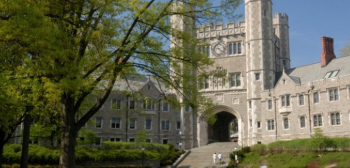
Top US Universities by State…
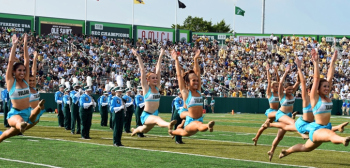
Ranked: The Top 100 US Unive…

Top Universities in the US 2…
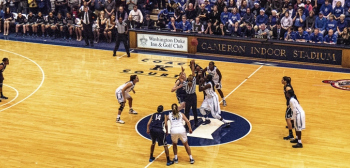
Best US Universities for Spo…

Top US Universities by State…

Top Universities in the US 2…

Top Universities in the US b…

Top Universities in the US 2…
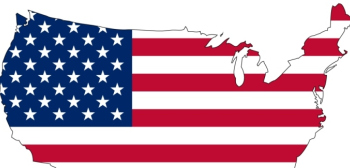
Top Universities in the US b…
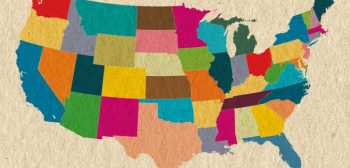
Top Universities in the US b…
Test preparations
Featured University


-
10 UG & 47 PGTotal courses
-
Private for ProfitStatus
-
HighResearch output
